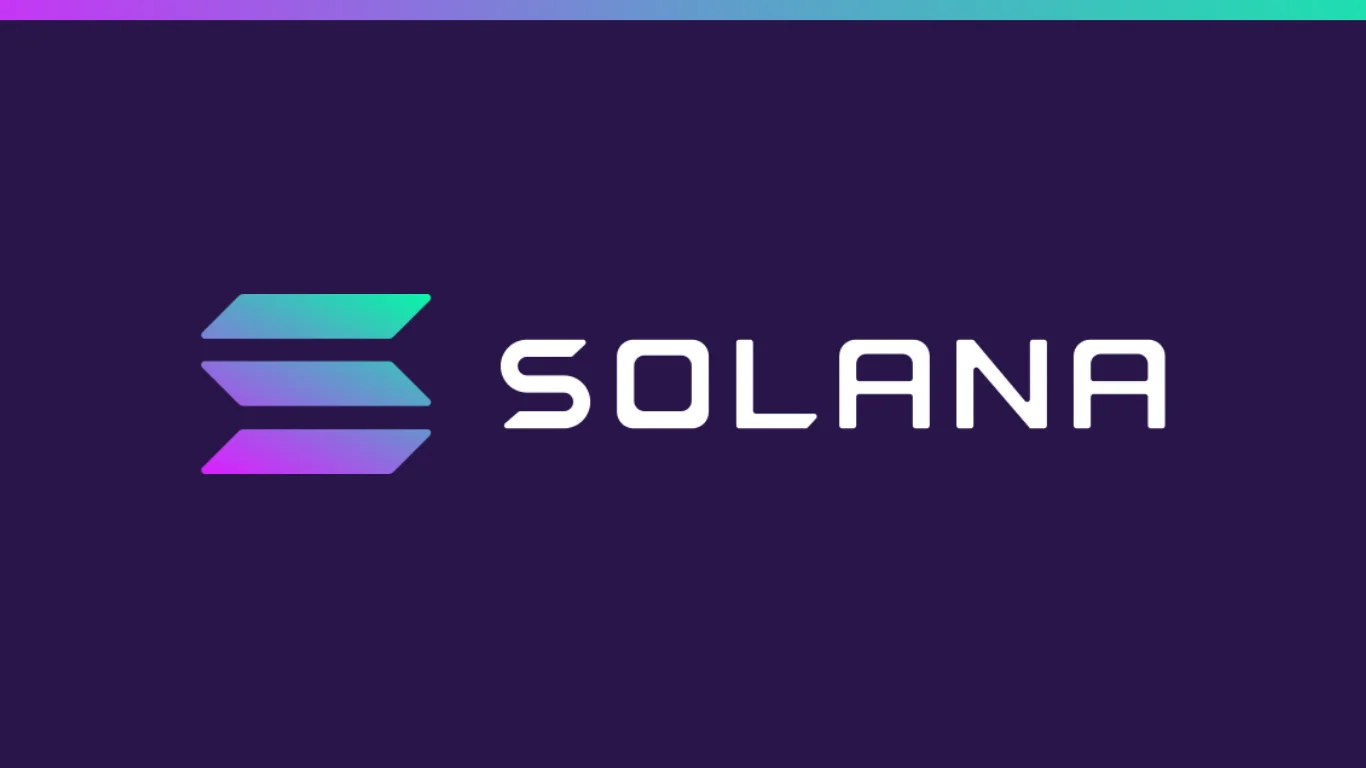Overview
Solana is a type of blockchain that is designed to be able to handle large amounts of data without any limitations. It is a platform that offers developers the ability to create applications without worrying about issues like slow transaction times or expensive fees. With Solana, users can expect their transactions to be settled within a second, and with low costs. Additionally, Solana supports all smart contract languages that are compatible with LLVM, a collection of tools that make it easier for blockchain developers to create software.
History
Solana’s origins date back to 2017 when Anatoly Yakovenko shared a draft whitepaper introducing a new timekeeping technique called Proof-of-History (PoH) for distributed systems. PoH helps automate the order of blockchain transactions, resulting in faster transaction speeds and settlement times. In February 2018, with the assistance of his former Qualcomm colleague Greg Fitzgerald, Anatoly released the first internal testnet and project Whitepaper. Stephen Akridge, another ex-Qualcomm employee, suggested that offloading signature verification to graphics processors could further increase transaction throughput, thereby enhancing scalability. Anatoly joined forces with Greg, Stephen, and three others to establish the company that eventually became Solana Labs, Inc. Initially, the founding team called the project “Loom,” but they later rebranded it as Solana to avoid confusion with the sidechain scaling solution, Loom Network.
Solana Labs, Inc. accumulated over $20 million in funds through various private token sales between April 2018 and July 2019. In late July 2019, the sales were announced as a single Series A. The fundraising process took place while Solana Labs, Inc. worked on the network, which progressed through several permissioned testnet phases. The project team announced its publicly incentivized testnet, Tour de SOL, in Q3 2020.
The Solana network was launched on Mainnet Beta back in March 2020, following a successful public token auction on CoinList that raised $1.76 million. At the time, the beta network had basic transaction capabilities and smart contract support, but did not include staking rewards.




